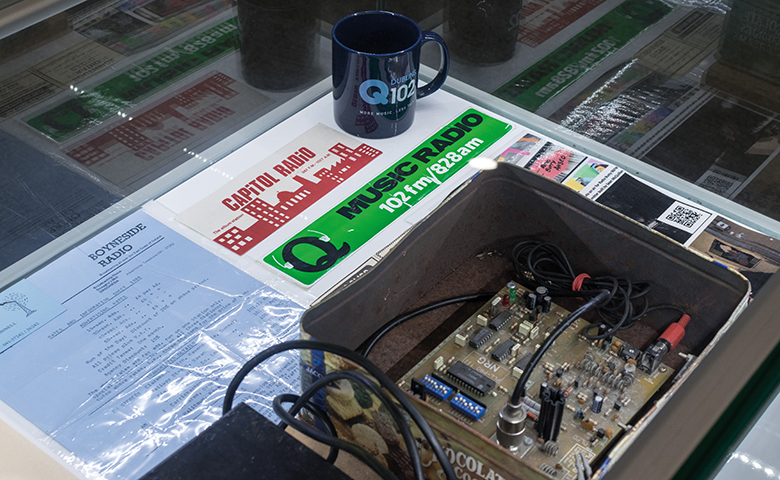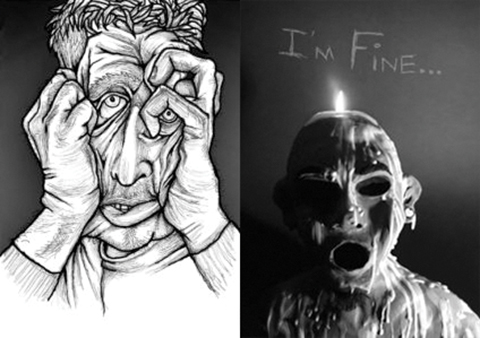
The diagnosis of autism in girls can be delayed due to a tendency for young women to mask their unique needs in social settings, both experts and women in the autistic community have said.
The practise of masking, which sees autistic people ignore feelings of anxiety or pressure while in a group setting, causes additional stress for individuals and can do more harm than good in the long term for people who have autism.
A diagnosis of autism brings relief for many people and acts as an important first step for those looking to make changes to improve their overall wellbeing and development.
Dr. Susan Crawford, a specialist who works with autistic people who have motor impairment, believes that an official diagnosis of autism takes massive pressure off those who believe themselves to be on the spectrum, irrespective of how late in life it occurs.
She spoke of sitting in on a webinar last year with autistic women spanning several generations. There was a woman present who had received a diagnosis in her seventies.
“They had all spoken about being under intense pressure trying to fit in and manage feeling anxious in a social setting. The lady in her seventies spoke about the relief she felt post diagnosis. It shone a light on all the stress and anxiety she had over the years in social settings,” Susan explains.
Research published last year in the Journal of Inclusive Education in Ireland found that while masking is done in order to engage or ‘keep up’ socially with peers, it has a detrimental effect on an individual as they develop and can be extremely fatiguing.
Public dialogue surrounding masking is emerging. Fiona Ferris, the deputy CEO of national autism charity AsIAm, has spoken about her experience with autism publicly. She has said that masking allows a person to act as a social chameleon, adapting to their environment, and that girls excel at it in comparison to their male peers.
Kate Ann Rowan, a YouTuber who received a diagnosis of autism aged 17, says she has masked throughout her life, but was only able to identify this behaviour post diagnosis.
She believes that having access to outlets is extremely important for all autistic people. She became interested in acting at a young age and found sanctuary in drama classes that helped her navigate everyday life.
“I found that drama was a way of dealing with emotions I didn’t understand. In drama, everything is heightened, everything is dramatic. It was a great way for me to learn things,” she says.
Kate Ann was fortunate to get her diagnosis relatively quickly after engaging with a school counsellor, but it has been a lengthy process for some people she knows.
This wait worries Susan, as she believes early intervention hugely benefits people on the spectrum. Adults awaiting confirmation of autism are at a disadvantage in comparison to children, she says.
“It takes quite a lot of experienced psychologists to diagnose an adult who is autistic. Typically, our diagnostic tools are designed for children. They do not benefit adults in the same way,” Susan explains.
A diagnosis alone, however, will not eliminate all difficulties that people on the spectrum encounter. Susan’s work, which primarily revolves around helping autistic people improve their motor skills, also includes employing a technique called sensory profiling. It enables people to identify triggers, such as loud noises or flashing lights, and adapt their environment accordingly.
A willingness from the neurotypical community to learn more about autism and become more sensitive to others could also inspire change. Kate Ann suggests that a great way to start is by using the hashtag ‘actually autistic’ across social platforms. The personal testimonies of autistic people serve as the best source on the matter, she says.
“The use of correct terminology is important, as is addressing misconceptions people have about autism,” she adds.
“Listening to autistic people’s stories is the best way to learn and understand better.”
Róisín Butler



